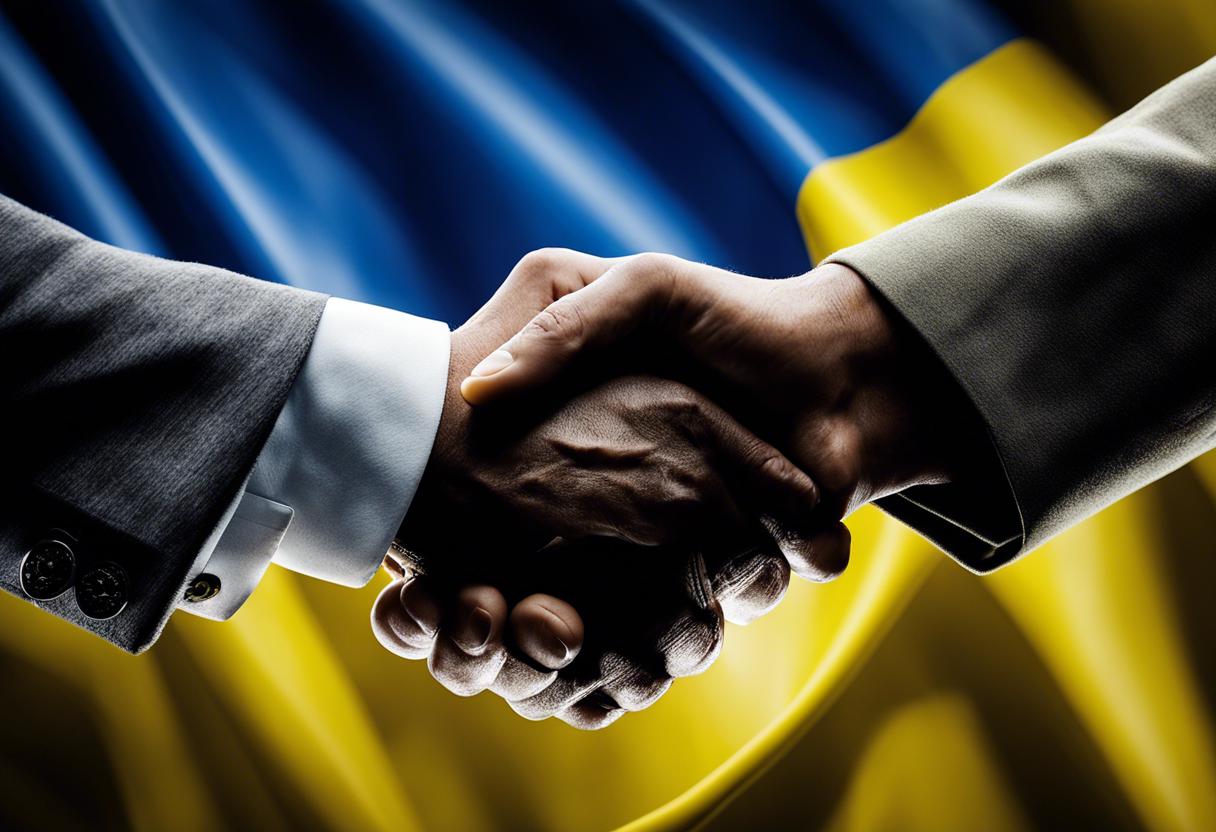Simon Harris, the Taoiseach, enthusiastically praised a Swiss convention linking Ukraine’s path to peace to international law and the UN Charter as an immense success. After two days of discussions with numerous leaders of state and government, Ukrainian President Volodymyr Zelenskiy expressed his appreciation for the worldwide support his country received. With a total of 100 delegations in attendance, Mr. Zelenskiy emphasised the urgency of moving towards peace, stating that preparations would take months rather than years due to the ongoing war.
Despite the absence of Russia and China, the meeting was considered significant. However, numerous participants, including Saudi Arabia, South Africa, India, Brazil, UAE, and the Holy See, refrained from endorsing the summit’s final declaration. Countries in Europe, such as Hungary and Serbia, known for their amicable relations with Russia, were among the supporters of the agreement, which advocates for respect for the territorial integrity and sovereignty of all nations to achieve a fair and enduring peace in Ukraine.
Mr. Harris, although acknowledging not all attendees fully accepted the treaty, saw it as a critical first step to bring various parties to the discussion table. He stressed the need for increasing participation and insisted on the importance of Russia’s involvement in the process. Seated next to Israel in an open session, the Taoiseach urged consistency in their actions and commitment to international rules.
Harris also addressed the current situation in Gaza, stating its importance to international peace discussions, and later pledged Irish assistance for the rescue of approximately 20,000 Ukrainian children abducted since February 2022. The summit’s final communication emphasised the necessity of dialogue between all parties, urging an end to the use or threat of nuclear weapons in the Ukraine war, protecting food security, and advocating for the return of POWs and abducted children.
In her concluding press briefing, Viola Amherd, Swiss federal president, highlighted the broad participation in the meeting as a positive indication of future peace discussions.
“For an extended period, our discourse was centred around warfare and the supply of arms,” she stated, “yet, unexpectedly, we addressed peace during one of these sessions for the first time.”
Ursula von der Leyen, the President of the European Commission, echoed that those in attendance concurred that Ukraine holds the prerogative to lay out terms for a fair peace. She also extended an invitation to Russia to partake in the peace discussion, provided it is in alignment with the United Nations Charter.
Reflecting the sentiment of other participants, she categorised Moscow’s proposition for Ukraine to resolve the disagreement by surrendering its territory to Russia and disarmament as “preposterous”.

